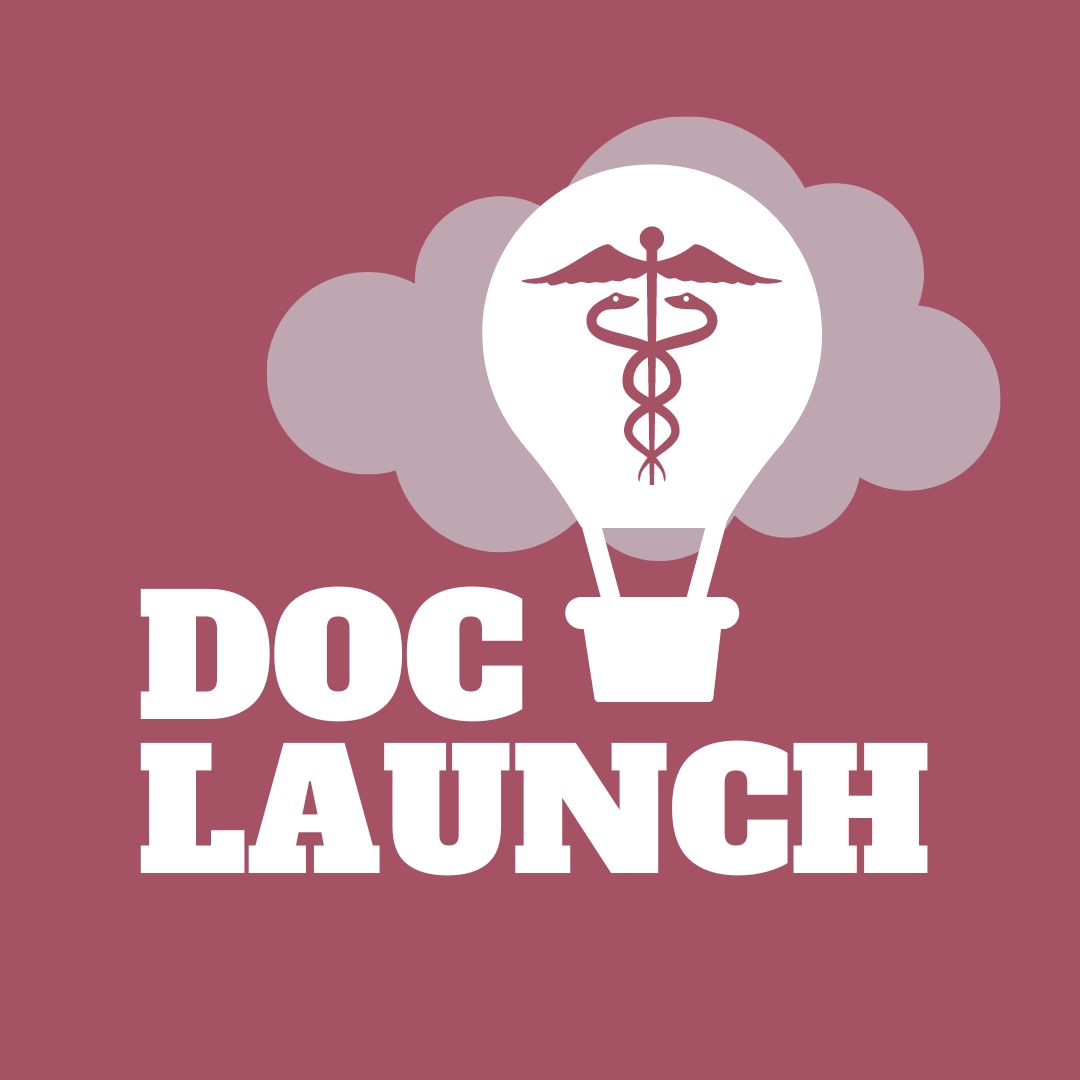Are you a physician considering striking out on your own? Starting an independent medical practice can be both exhilarating and daunting. While the challenges are real, the rewards of running your own practice can be immense. Let’s explore why taking this leap might be the right move for your career and patient care.
Autonomy: The Freedom to Practice Your Way
One of the most compelling reasons to start your own practice is the autonomy it provides. As an independent practitioner, you have the power to make decisions that align with your medical philosophy and vision for patient care. No more adhering to corporate policies that may not always prioritize patient needs – you’re in the driver’s seat.
Creating Your Ideal Practice Environment
When you’re the boss, you have control over every aspect of your practice environment. From choosing state-of-the-art equipment to designing a welcoming waiting area, you can create a space that reflects your values and enhances the patient experience. This level of customization can lead to increased job satisfaction and better outcomes for your patients.
Personalized Patient Care
In your own practice, you have the flexibility to spend more time with patients, offer personalized treatment plans, and build lasting relationships. This patient-centered approach can lead to improved health outcomes and higher patient satisfaction rates.
Financial Potential
While starting a practice requires initial investment, the long-term financial rewards can be significant. As your practice grows, so does your earning potential. You’re no longer limited by a fixed salary structure, and your hard work directly translates to your bottom line.
Work-Life Balance on Your Terms
Owning your practice allows you to set your own schedule. While the responsibilities of ownership can be demanding, you have the freedom to structure your work hours in a way that supports a healthy work-life balance.
Innovation and Specialization
As an independent practitioner, you have the agility to implement new technologies and treatment modalities quickly. You can also choose to specialize in areas that you’re passionate about, carving out a unique niche in your local healthcare market.
Building a Legacy
Starting your own practice isn’t just about the present – it’s about building something that can last. Whether you plan to eventually bring on partners or pass the practice to the next generation, you’re creating a legacy that extends beyond your individual career.
Challenges and Considerations
Of course, starting a medical practice comes with its share of challenges. From navigating regulatory requirements to managing the business aspects of healthcare, there’s a lot to learn. However, many physicians find that the rewards far outweigh the initial hurdles.
Is It Right for You?
Taking the leap into private practice isn’t for everyone. It requires entrepreneurial spirit, resilience, and a willingness to wear many hats. But for those who crave independence and the opportunity to practice medicine on their own terms, starting a medical practice can be incredibly fulfilling.
If you’re considering this path, do your research, consult with mentors, and carefully weigh the pros and cons. The journey of starting your own medical practice may be challenging, but for many physicians, it’s a decision they never regret.


